If you’re like many gardeners, you may have heard the buzz around goat manure and its potential use as fertilizer. But what’s the real deal with this natural fertilizer? Is it really as beneficial for your plants as people say it is? Well, get ready to find out the facts about goat manure fertilizer! This guide will uncover everything from its benefits and drawbacks to how to use it in gardening so that you can make an informed decision. With knowledge of exactly what goats can contribute to your garden in terms of fertilizing, you’ll be able to choose the best option for your fertilizing needs.
What is goat manure?
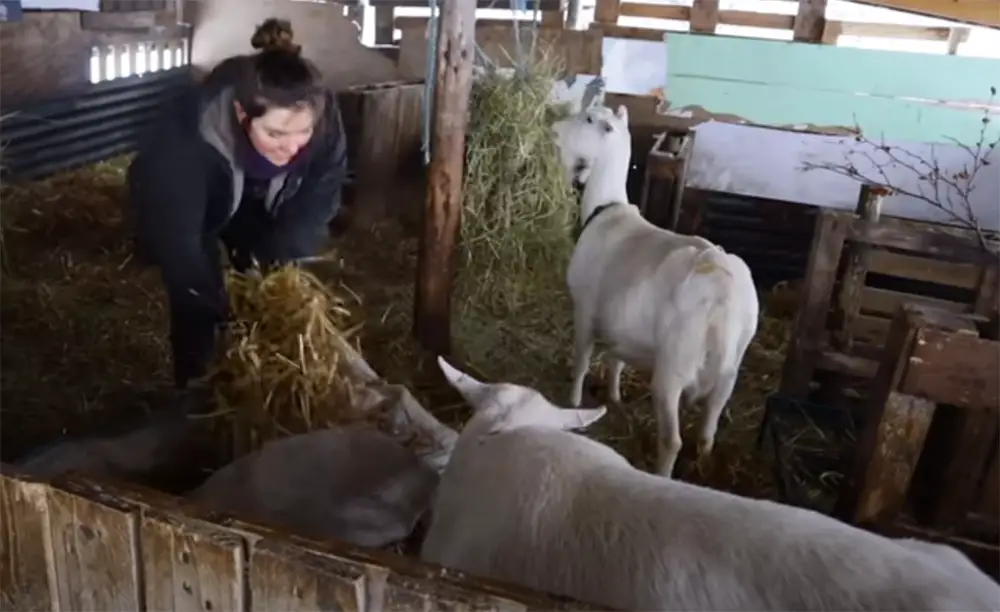
In addition to these essential macronutrients, goat manure also contains other beneficial trace minerals and vitamins that are necessary for healthy plant growth. Goat manure is also easy to use and can be applied directly to garden beds or mixed with other organic matter for a more balanced fertilizer mix. It is also slow-release, meaning that it will feed your plants gradually over time, resulting in healthier and more robust growth.
Goat manure is also an excellent source of organic matter for composting. When mixed with other organic materials such as grass clippings or kitchen waste, goat manure helps create a nutrient-rich soil amendment that can be used to dramatically improve soil fertility. When composted properly, goat manure produces a dark crumbly material that is rich in micro and macro-nutrients and helps to aerate the soil, promote healthy root growth, and retain moisture for longer periods. Composting with goat manure is an effective and sustainable way to enrich your soil without relying on chemical fertilizers.
Finally, goat manure is an excellent source of natural weed control. By adding a layer of goat manure to your garden beds, you can effectively reduce the number of weeds that grow in your soil without relying on potentially harmful chemical herbicides. The high levels of nitrogen found in goat manure also help increase microbial activity and suppress weed growth. This makes it an ideal choice for organic gardeners and farmers looking to improve soil fertility without using synthetic fertilizers [1].
Is Goat Manure Good Fertilizer?
Using Goat Manure for Fertilizer
Goat manure has been used as a fertilizer for centuries, due to its high nutrient content and ability to improve soil quality. It is an excellent source of nitrogen, phosphorus, and potassium which are essential elements for healthy plant growth. In addition, goat manure contains beneficial microorganisms that help break down organic matter, preventing compaction and increasing drainage in soils.
Goat manure fertilizer is also a great way to provide natural organic matter to the soil, improving its structure and fertility. The slow release of nitrogen from goat manure helps promote steady growth in plants without stressing their root systems. This makes goat manure an ideal choice for composting or directly applying it as mulch around plants.
Goat manure is generally considered safer to use than other manures due to its lower levels of nitrogen. This makes it ideal for use in gardens that contain delicate plants such as vegetables, flowers, and herbs, as well as on lawns.
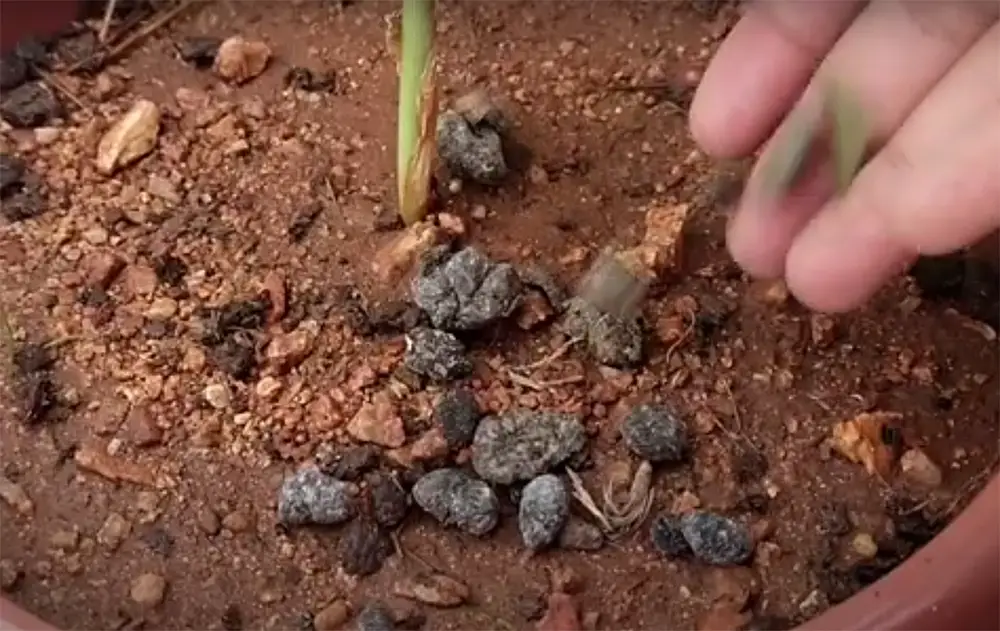
When using goat manure fertilizer, it is important to remember that fresh manure can burn plants if not aged properly. It is best to mix the manure with other organic matter such as straw or compost to create a more balanced fertilizer. Additionally, goat manure should not be applied directly to the soil; instead, it should be mixed with water and then diluted before applying it [2].
Composting Goat Manure
Composting goat manure is an easy and efficient way to create a nutrient-rich soil amendment. The process of composting reduces the amount of nitrogen in the manure, which helps to prevent burning plants when it is applied directly to the soil. Composting also helps break down organic matter into easily absorbable nutrients for plants, increasing their growth rate and health.
To begin composting goat manure, combine it with other organic materials such as straw or dried leaves. Then add water to the mixture and turn it regularly to aerate it and speed up the decomposition process. After a few weeks, the compost should be ready for use. It can then be incorporated into garden soil or used as mulch around plants.
By composting goat manure, gardeners can create a nutrient-rich soil amendment for their gardens and help improve the health of their plants. Composting also helps to reduce environmental pollution since fewer nutrients end up in waterways. Overall, composting goat manure is an effective way to create an organic fertilizer that is both safe and beneficial for gardens.
How to make your own goat manure fertilizer
Making your manure fertilizer is a great way to save money and create an organic, nutrient-rich soil amendment for your garden. With some simple ingredients, you can make the perfect goat manure fertilizer for your plants.
First, start with fresh goat manure. Goat manure is usually available at agricultural stores or through local farmers. Collect enough to cover the area of your garden that you want to fertilize.
Next, find some aged compost. Compost is great for adding beneficial bacteria to the soil and can be purchased at most garden supply stores. Mix the goat manure and compost in a bucket or wheelbarrow until they are well combined.
Once combined, add some lime to the mixture. Lime helps neutralize the pH levels of the soil and helps to prevent nutrient deficiency in your plants. Mix the lime into the manure mixture until it is well incorporated.
Finally, spread the fertilizer over your garden beds. Use a rake or hoe to even out the surface and make sure that all areas are covered with an even layer of fertilizer. Water thoroughly after applying to help activate the nutrients in the goat manure fertilizer.
You may also want to consider adding a cover crop to your garden for added nutrition. Green manures, such as clover or ryegrass, can be planted in the late summer and will help fix nitrogen in the soil while providing other beneficial nutrients. This will add additional nutrients to your goat manure fertilizer and ensure that your plants have everything they need to thrive.
Maintaining a healthy garden doesn’t have to be difficult or expensive. By making your own goat manure fertilizer, you’ll save money and give your plants the nutrients they need for optimal growth and productivity. With a little bit of planning, anyone can create their very own nutrient-rich soil amendment [3]!
How long does it take goat manure to compost?
The time it takes for goat manure to compost depends on several factors, including the type of composting system being used, environmental conditions, and the specific composition of the manure itself.
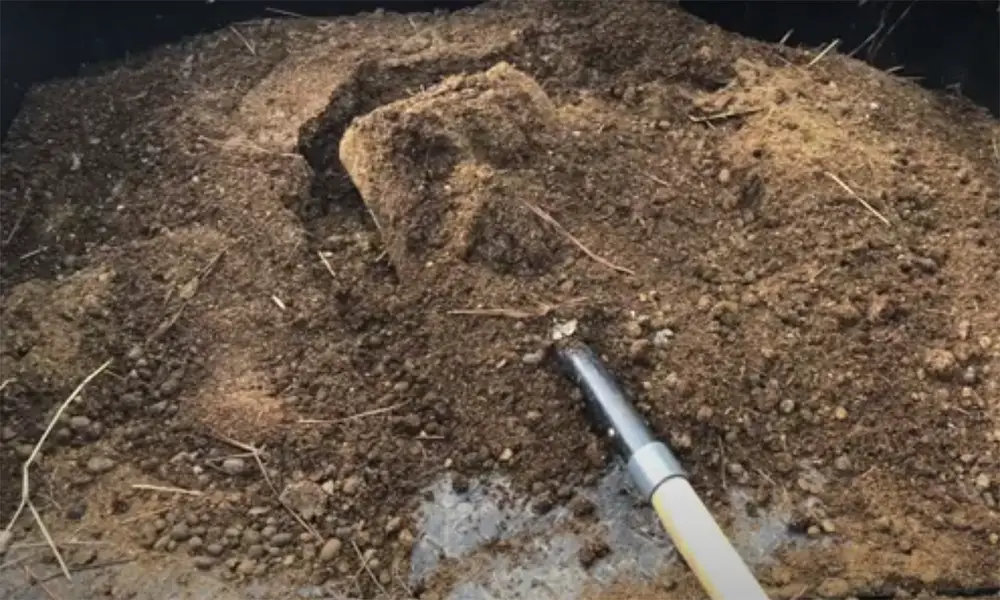
In a hot compost pile with proper aeration and moisture, the decomposition process can be expedited, taking as little as two weeks for the manure to fully decompose. However, if the compost pile is colder or lacks sufficient aeration, the decomposition process may take longer, extending up to six months or even more.
Therefore, ensuring the right balance of moisture, oxygen, and temperature in the composting system is key to achieving optimal decomposition and transforming goat manure into nutrient-rich compost.
What other materials can you mix with goat manure?
Goat manure can be mixed with a variety of other organic materials to create nutrient-rich soil amendments. Common additions include aged compost, shredded leaves, grass clippings, and straw. These materials will help add beneficial bacteria to the soil and also provide additional nutrients to the manure.
In addition, other soil amendments such as rock dust, kelp meal, and worm castings can also be mixed with goat manure. These materials are packed with beneficial microorganisms and trace minerals that will help promote healthy soil and vigorous plant growth.
Finally, you may want to consider adding a cover crop like clover or ryegrass to your garden beds. Cover crops help fix nitrogen in the soil and provide an additional source of organic matter that can be mixed with goat manure.
Making your own fertilizer is a great way to save money and create a nutrient-rich amendment for your garden. With some simple ingredients, you can make the perfect goat manure fertilizer that will give your plants everything they need to thrive!
What are the benefits of using goat manure fertilizer?
Goat manure fertilizer is an excellent soil amendment that can provide a variety of benefits for your garden. Firstly, it is naturally rich in essential plant nutrients such as nitrogen, phosphorus, and potassium. These nutrients help promote healthy plant growth and vigorous root development.
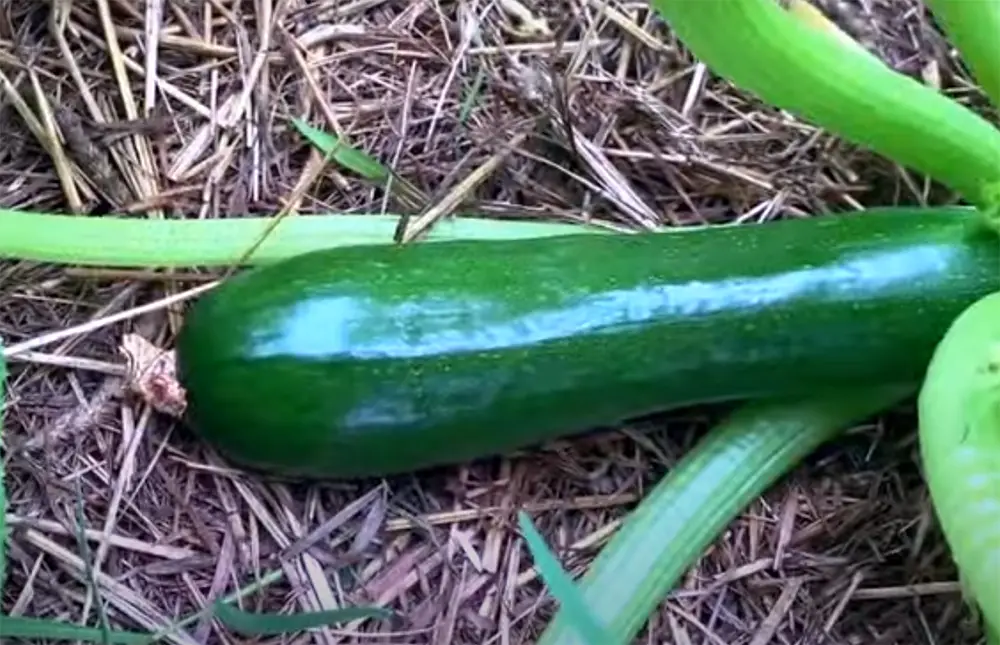
In addition, goat manure has a high carbon content which helps to improve the overall structure of the soil. This makes the soil more porous and allows for better aeration and water drainage, resulting in healthier plants.
Finally, goat manure also adds beneficial bacteria and fungi to the soil which can help prevent nutrient deficiency in your plants. This also helps to promote healthy growth by providing an optimal environment for root development.
Using goat manure fertilizer is an excellent way to give your plants the essential nutrients they need while also improving soil structure and promoting healthy growth. With a little bit of planning, anyone can create their very own nutrient-rich soil amendment!
How does goat manure decompose?
Goat manure decomposes in a process known as composting. This involves the breakdown of organic matter by beneficial bacteria and fungi, which convert the material into a nutrient-rich soil amendment.
When composting goat manure, it is important to ensure that there is an adequate amount of moisture and oxygen available for the decomposition process. Without these two elements, bacteria and fungi will not be able to decompose the material efficiently, greatly slowing down the process.
It is also important to maintain a high temperature in the compost pile. This helps to facilitate the breakdown of organic material and encourages beneficial microorganisms to thrive.
By following these steps, you can ensure that your goat manure decomposes quickly and efficiently into nutrient-rich compost. When used in your garden, this soil amendment will help improve the overall structure of the soil and give your plants all the nutrients they need to thrive!
The best way to use goat manure fertilizer
Goat manure fertilizer is a great way to add organic material and essential nutrients to your garden. It can help improve soil fertility, provide essential nutrients for plants, and even improve water drainage in overly-saturated soils. Plus, it’s an easy and cost-effective solution that many gardeners are turning to for their gardening needs.
It’s also important to note that goat manure fertilizer should be applied two to four weeks before planting so it has time to break down into the soil. You can also apply it directly during the growing season, but be sure not to over-apply as this may cause the burning of young plants.
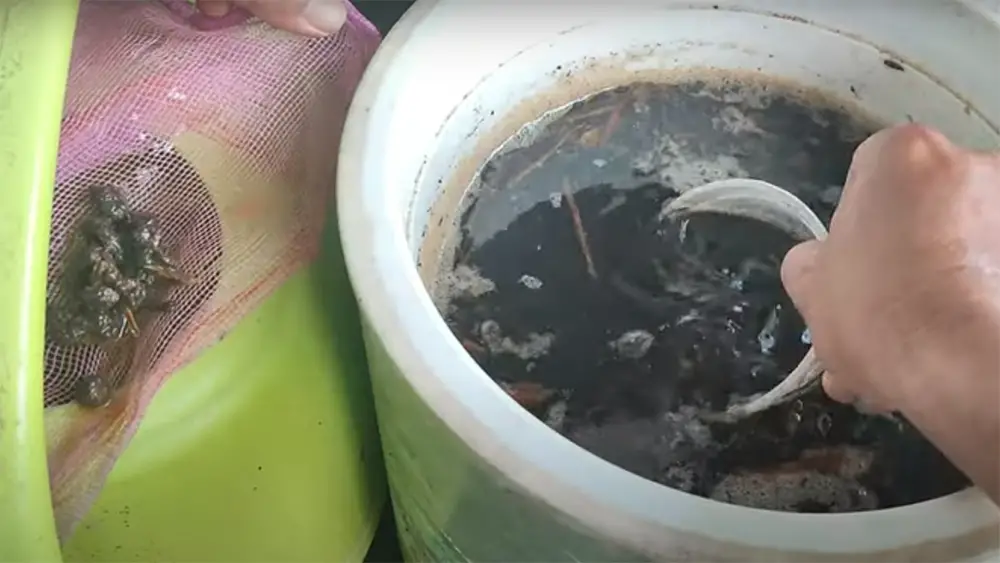
When applying goat manure fertilizer, it’s important to wear protective clothing such as gloves and a dust mask. It’s also wise to mix the fertilizer with your soil before applying it to ensure even distribution. Additionally, avoid working in wet conditions, as this can lead to compaction of the soil. Finally, always water the area after application for best results [4].
Can you put goat manure straight in the garden?
Should you add manure in the fall or spring?
Yes, you can add goat manure directly to the garden. However, it is best to mix it with soil or compost to provide your plants with the essential nutrients they need and reduce the risk of burning them.
The timing for adding manure to your garden depends on when you plan on planting. Adding fresh manure just before planting may expose your seeds and seedlings to too much nitrogen and cause burning, so it is best to add manure in the fall. This will give the manure time to break down over the winter and be ready for planting season in the spring. The manure should also be composted before adding it to your garden, as this reduces the risk of contamination from pathogens, parasites, or weed seeds. Composting also breaks down the manure, making it easier for plants to access its nutrients.
When adding goat manure to your garden, it is important to take into account the type of element that the plant needs and how much the soil already contains. For example, if your soil already has a high level of nitrogen or phosphorus, then adding more could cause an imbalance in the soil. Before adding manure, test your soil to find out what elements it needs and how much of each element is already present. This will help you determine how much additional manure to add to give your plants the nutrients they need for healthy growth.
Why do farmers spread manure in the fall?
Spreading manure in the fall provides several benefits to farmers. First, it helps fertilize their fields and give crops a boost before winter sets in. It also adds organic matter to the soil, which can improve its texture and increase water-holding capacity for better drainage. Finally, spreading manure in the fall allows time for it to decompose over the colder months, reducing the risk of nutrient runoff and contamination.
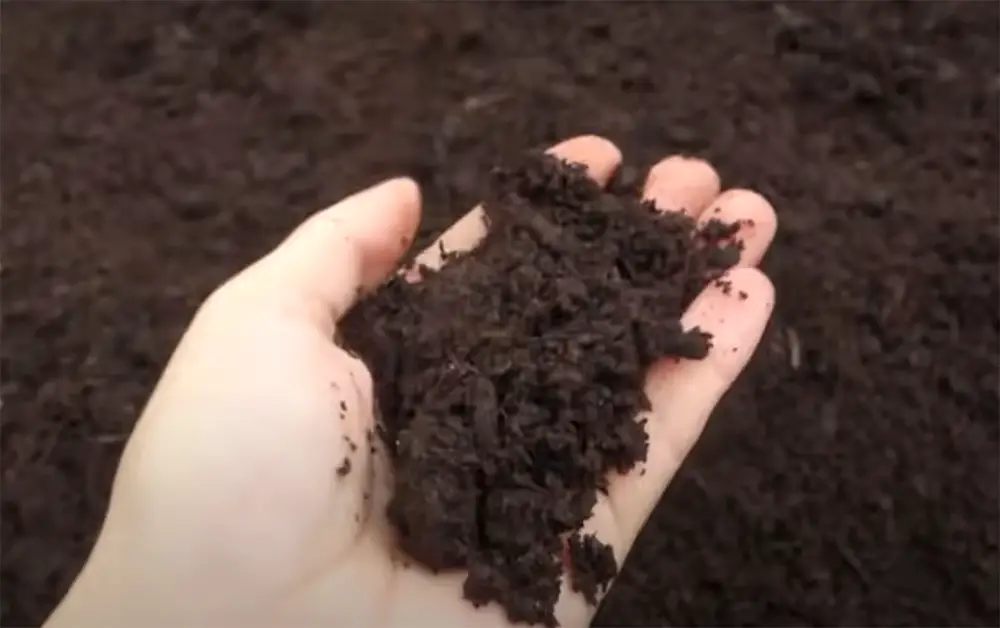
Manure can also be beneficial to farmers in other ways. For example, it can help balance the pH levels in the soil, control weeds, and suppress disease-causing organisms. It can even help attract beneficial insects that feed on pests or pollinate crops. By adding manure to their fields in the fall, farmers can help ensure that their crops are getting the best start possible for a successful harvest.
Top vegetables to grow with goat manure
Goat manure is a great fertilizer for growing vegetables in home gardens. It helps promote healthy plant growth and can provide the necessary nitrogen content needed for vegetable production. Here are some of the top vegetables that can be grown with goat manure:
- Tomatoes: Tomatoes love the nutrient-rich environment provided by goat manure, resulting in larger fruits and higher yields. Be sure to add compost along with the goat manure for best results.
- Peppers: Peppers benefit from the nitrogen found in goat manure, and also require phosphorus and potassium which are provided in goat manure.
- Squash: Squash is a great vegetable to grow using goat manure as it requires plenty of nutrients for optimal growth. Nitrogen, phosphorus, and potassium all help to promote healthy plants.
- Carrots: Carrots love the extra nutrients provided by goat manure, leading to larger carrots and a greater yield. Be sure to rotate your crops every year for the best results.
- Potatoes: Potatoes benefit from the nutrient content in goat manure as it helps promote quick growth and larger potatoes.
In conclusion, goat manure is an excellent fertilizer for growing vegetables in the home garden. It provides the necessary nutrients for healthy plant growth while also helping to promote higher yields. Vegetables such as tomatoes, peppers, squash, carrots and potatoes are all great candidates to grow with goat manure. Be sure to add compost and rotate your crops every year for the best results.
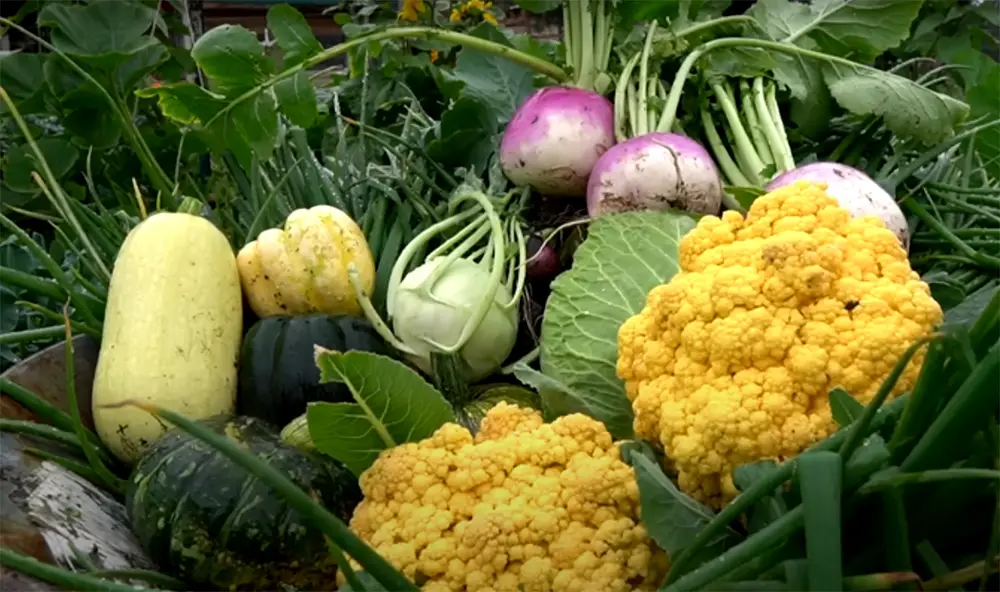
FAQ
Is goat manure good for flowers?
Yes, goat manure can be an excellent source of nutrition for flowers. It contains essential nutrients and minerals like phosphorus, potassium, calcium, and magnesium that help support healthy growth. Goat manure also helps to improve soil structure by increasing its water-holding capacity and increasing its fertility. Additionally, it is a good source of organic matter which can improve drainage in clay soils and promote aeration in sandy soils. All of these benefits make goat manure a great choice for fertilizing flowers.
Is goat manure better than cow manure?
Goat manure contains a higher nitrogen content than cow manure, making it more beneficial for plants. It also breaks down faster and contains fewer weed seeds than cow manure. However, cow manure still provides many nutrients that are necessary for plant growth such as phosphorus, potassium, calcium, and magnesium. Ultimately it boils down to personal preference and what is best suited to your particular garden situation.
What are the disadvantages of goat manure?
Goat manure does have a few potential drawbacks. Due to its high nitrogen content, it can burn plants if not applied in the right amounts. It also has a strong and unpleasant odor that may be off-putting for some people. Additionally, goat manure needs to be aged or composted before use as it can contain parasites and other harmful organisms when fresh. Taking these precautions can help ensure that you get the best benefit from using goat manure in your garden.
How long should you compost goat manure?
Goat manure should be composted for at least six months before it can be used in the garden. During this time, the material will break down and transform into a nutrient-rich humus that is safe to use as a fertilizer. Properly composting your goat manure will help ensure that you get the full benefit from its nutrients without any risk of contamination or harm to your plants.
Useful Video: Goat manure as organic fertilizer – how to use? | Real Organic
Conclusion Paragraph
In conclusion, goat manure is really a good fertilizer and can be used for a variety of uses. It is relatively low in cost and has the potential to provide excellent soil fertility if used properly. Moreover, it has fewer environmental impacts compared to chemical fertilizers as it helps maintain the balance of nutrients in the soil without causing any negative effects on the environment. Additionally, goat manure contains beneficial bacteria that help improve soil structure, allowing it to retain moisture and nutrients better. With all the advantages of using goat manure as a fertilizer, it is worth considering for use in your garden or farm. So why not give it a try? You won’t regret it!
References:
- https://prepp.in/news/e-492-sheep-and-goat-droppings-bulky-organic-manure-agriculture-notes
- https://www.gardeningknowhow.com/composting/manures/goat-manure-fertilizer.htm
- https://www.ehow.com/how_6721660_compost-goat-manure.html
- https://www.gardenersworld.com/how-to/grow-plants/complete-guide-to-garden-manure/





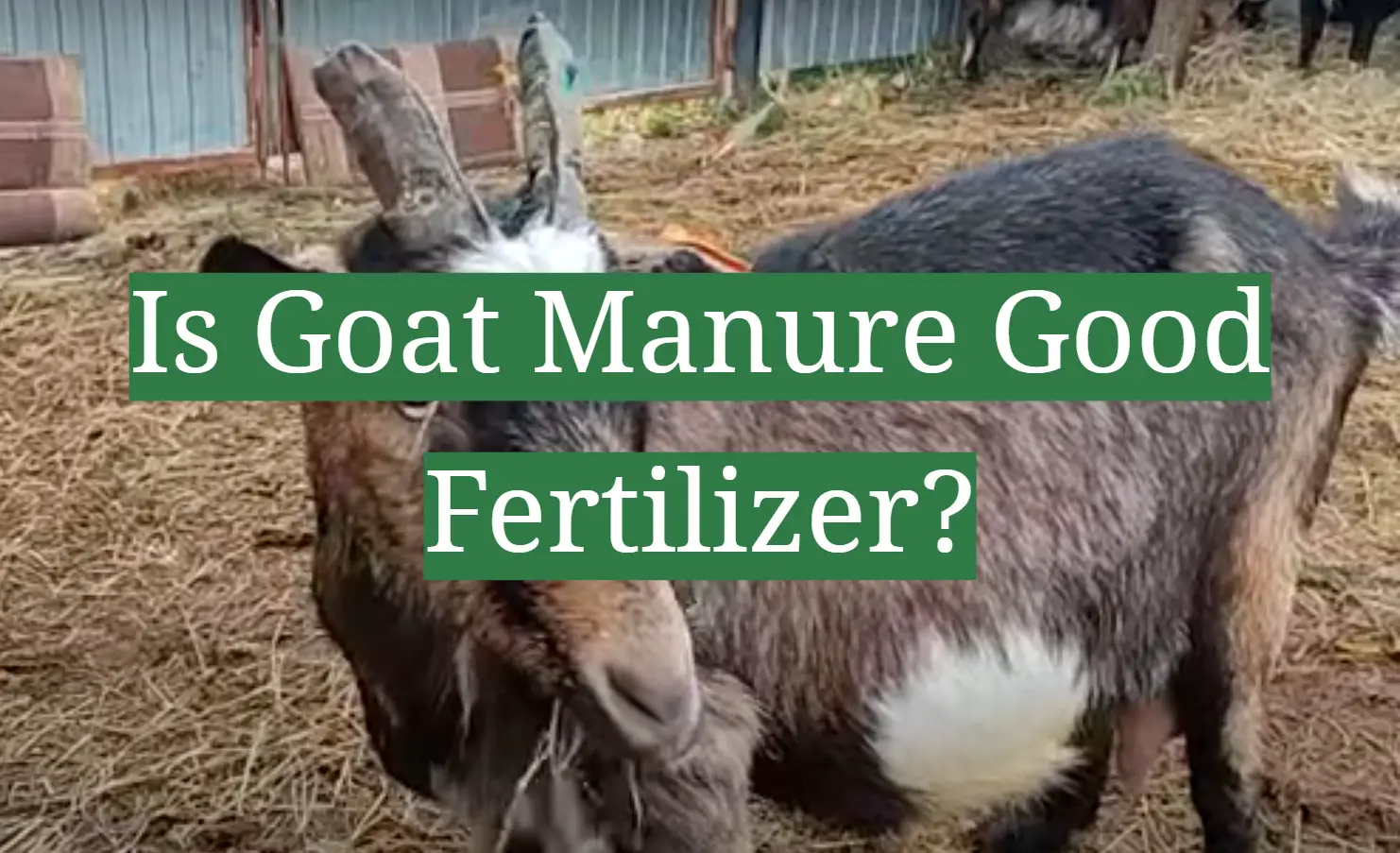

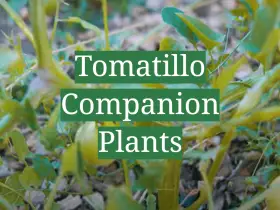


Leave a Reply
View Comments